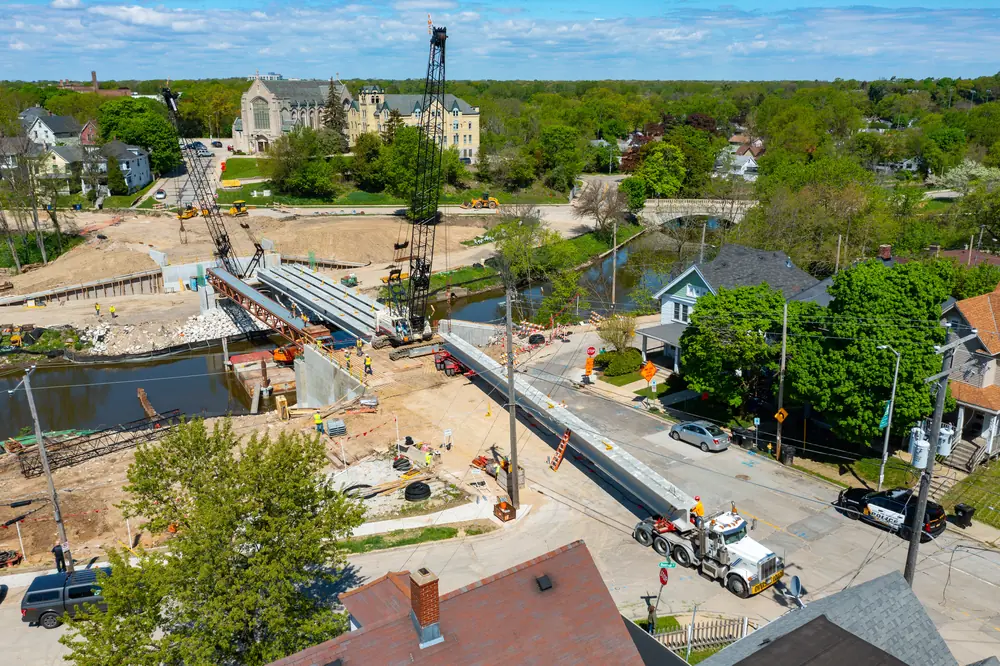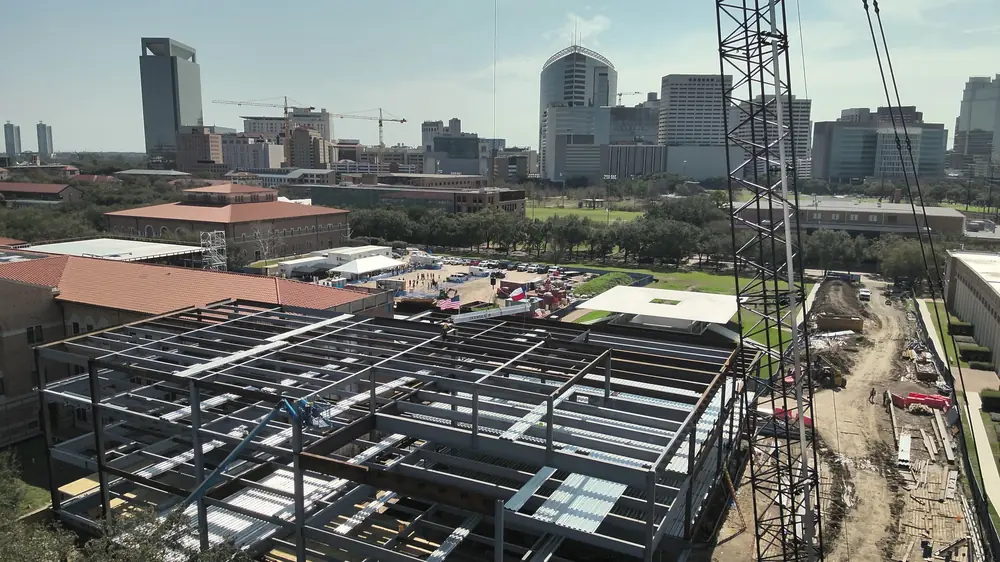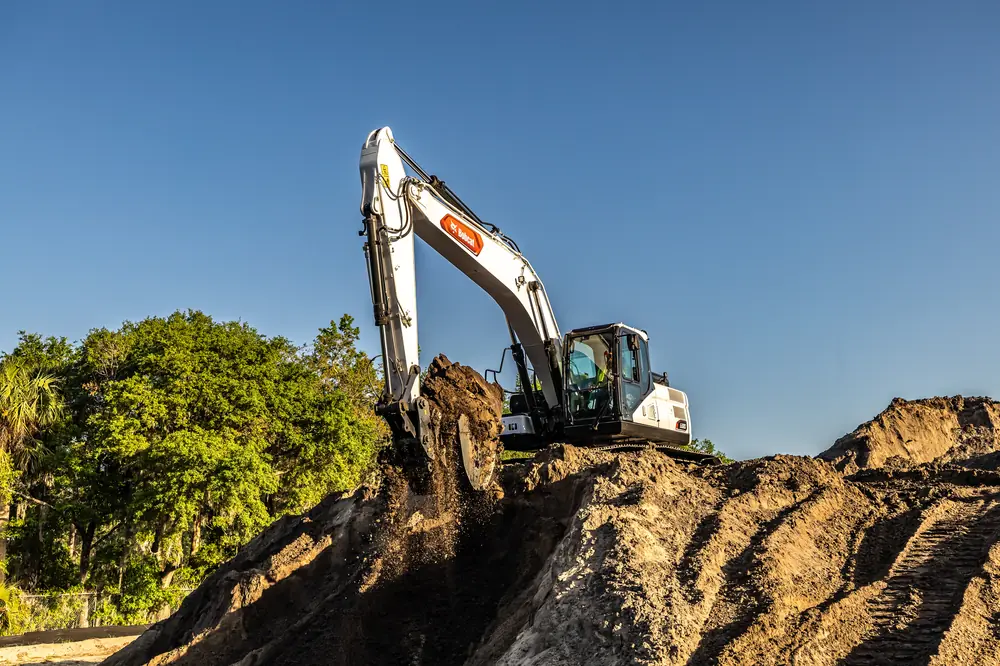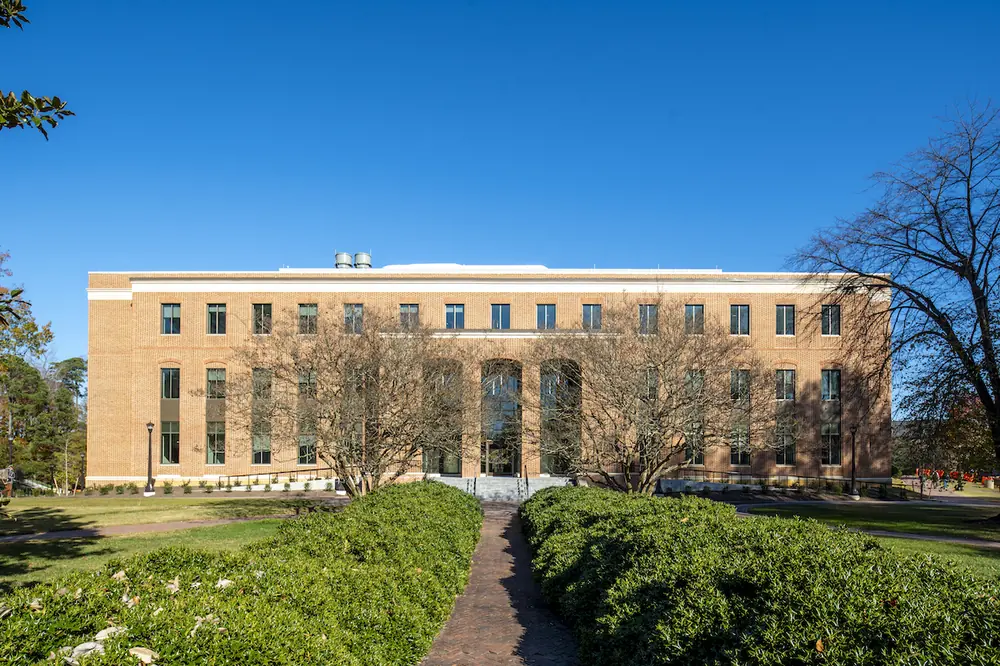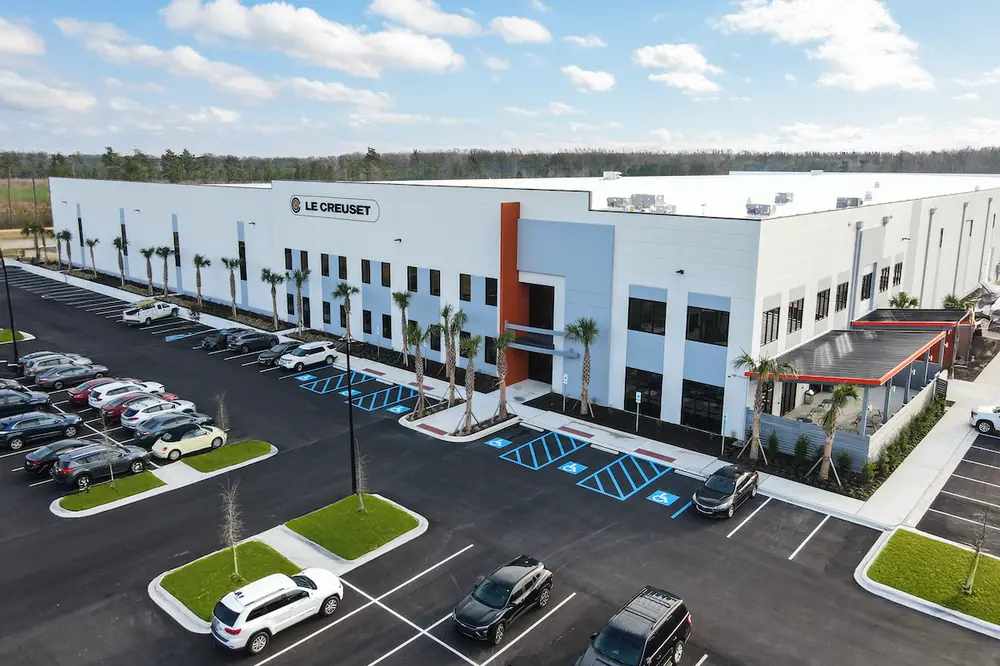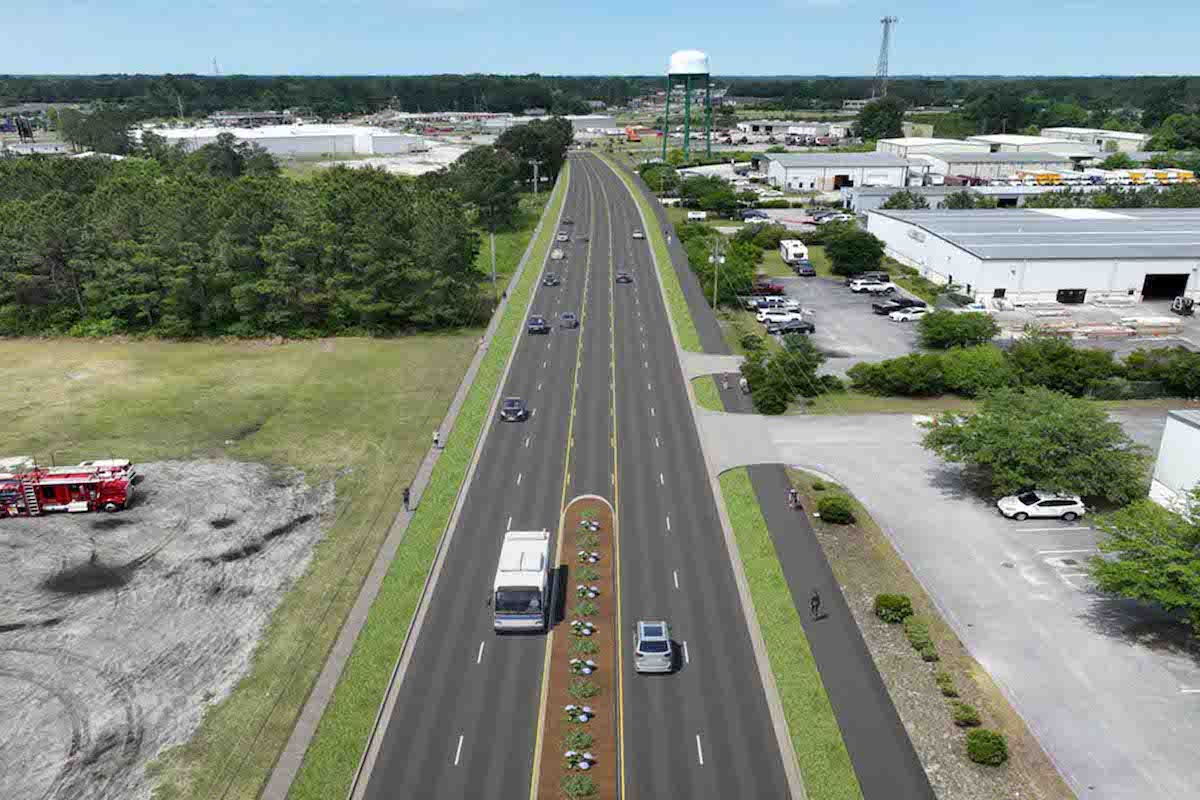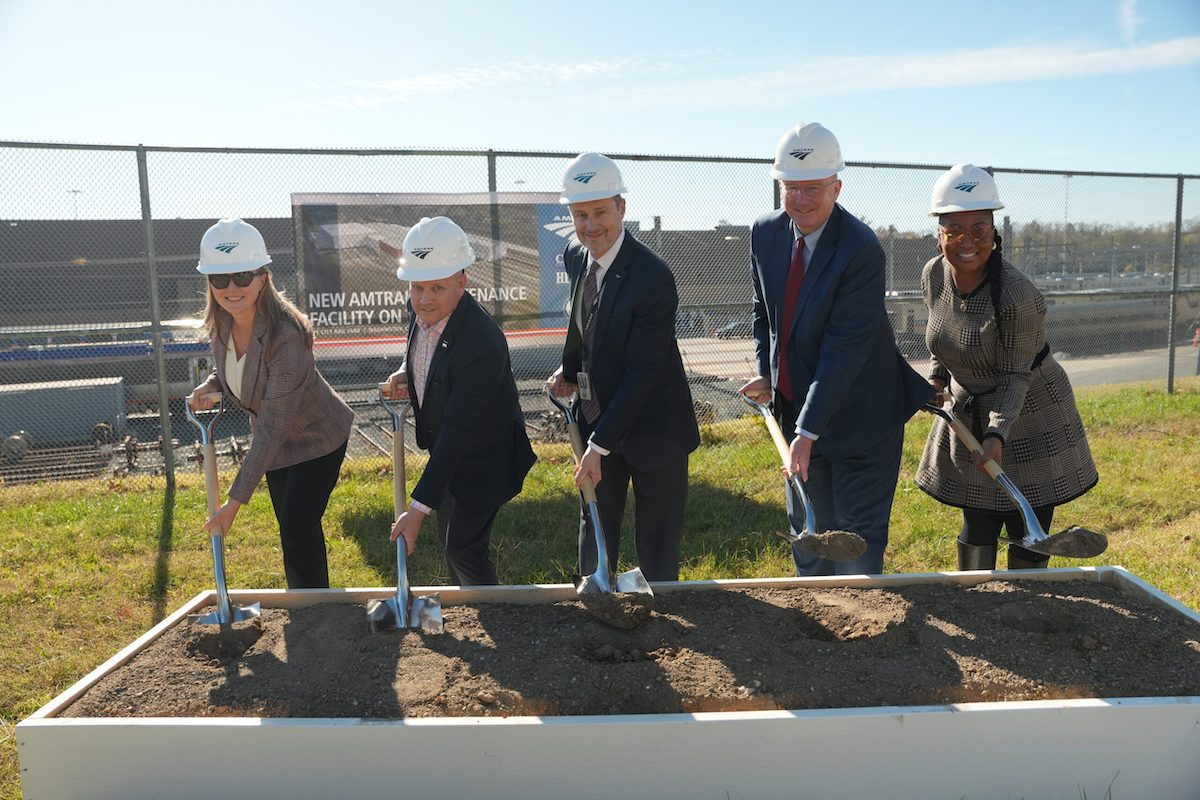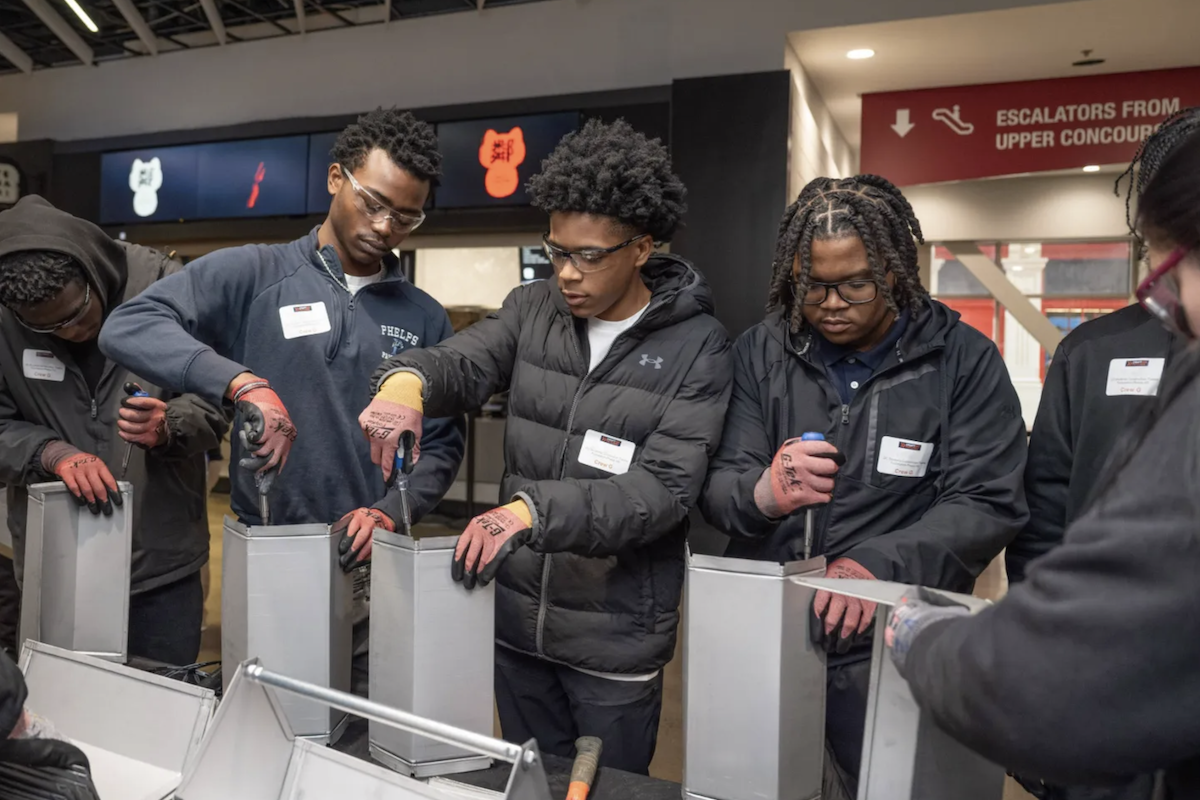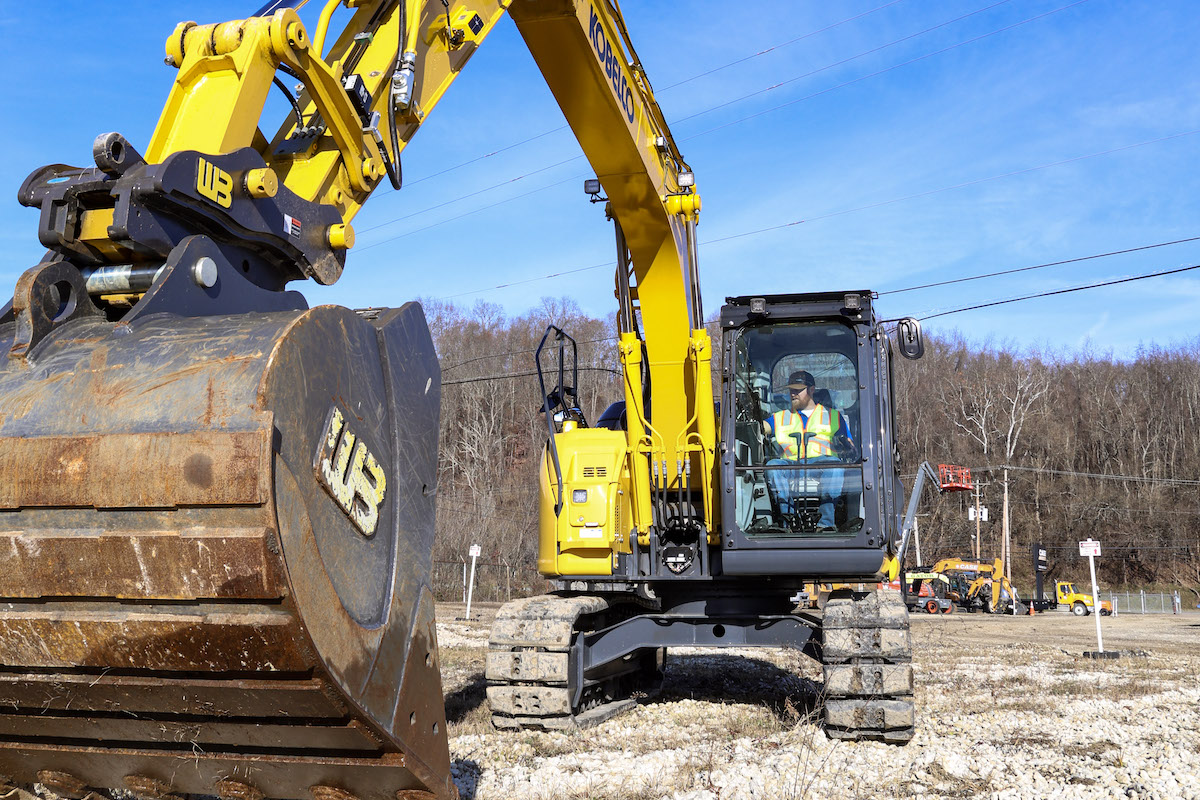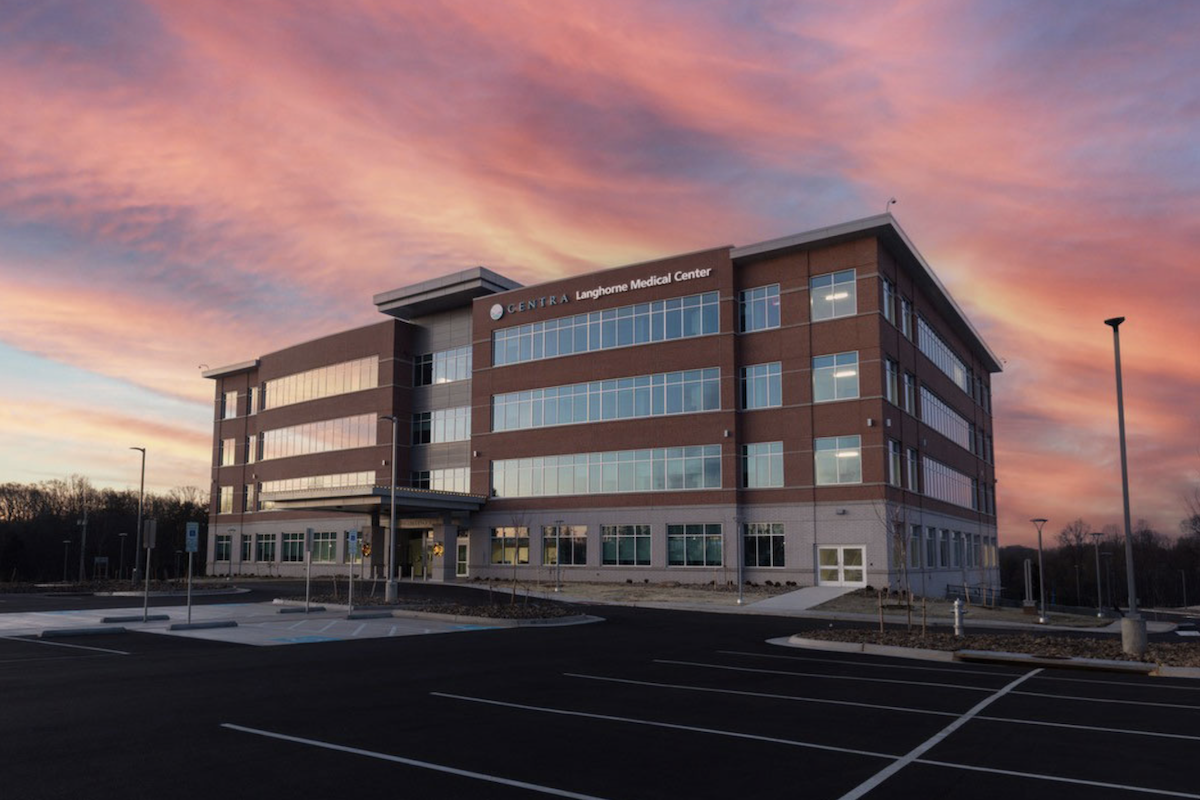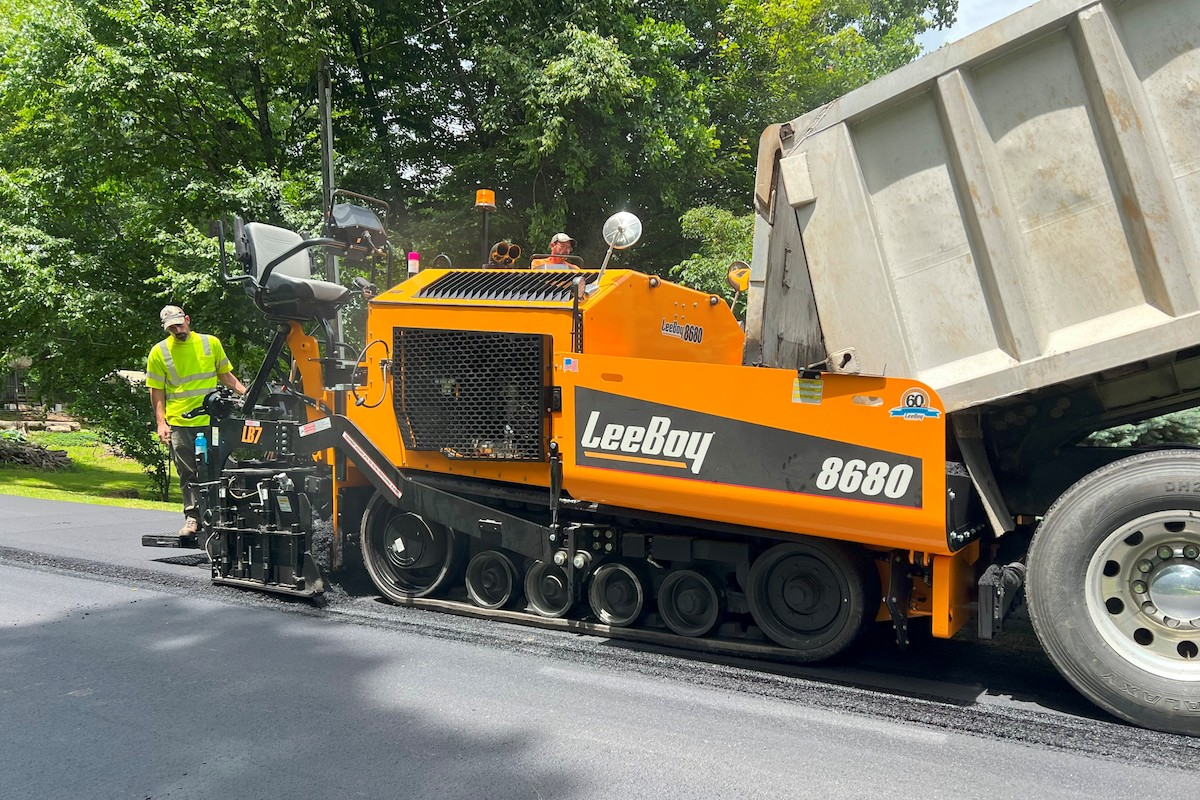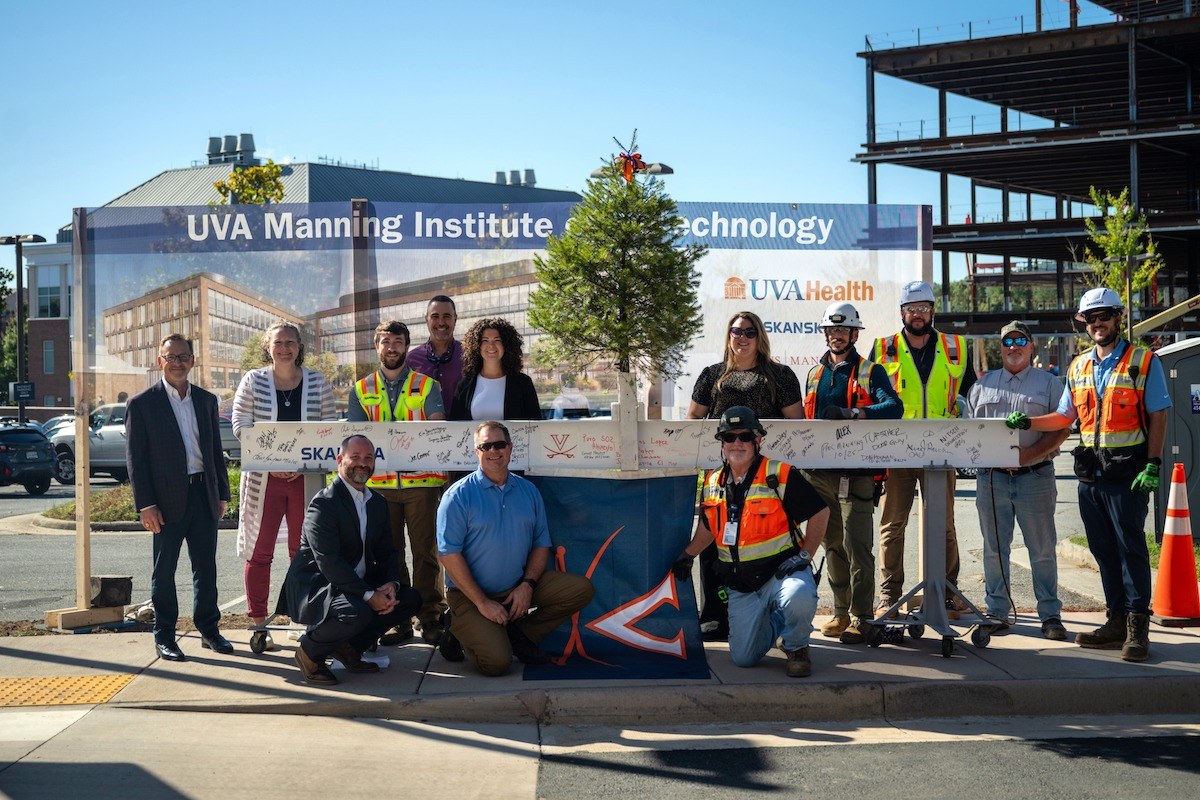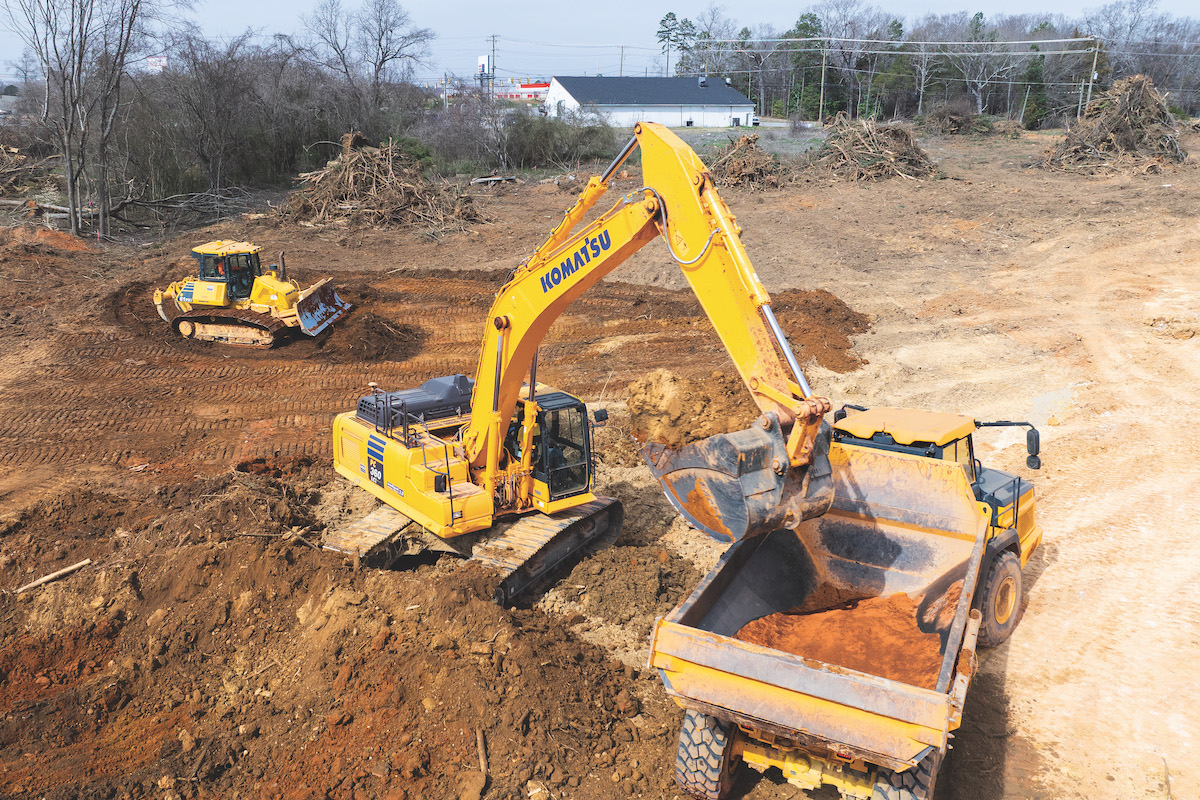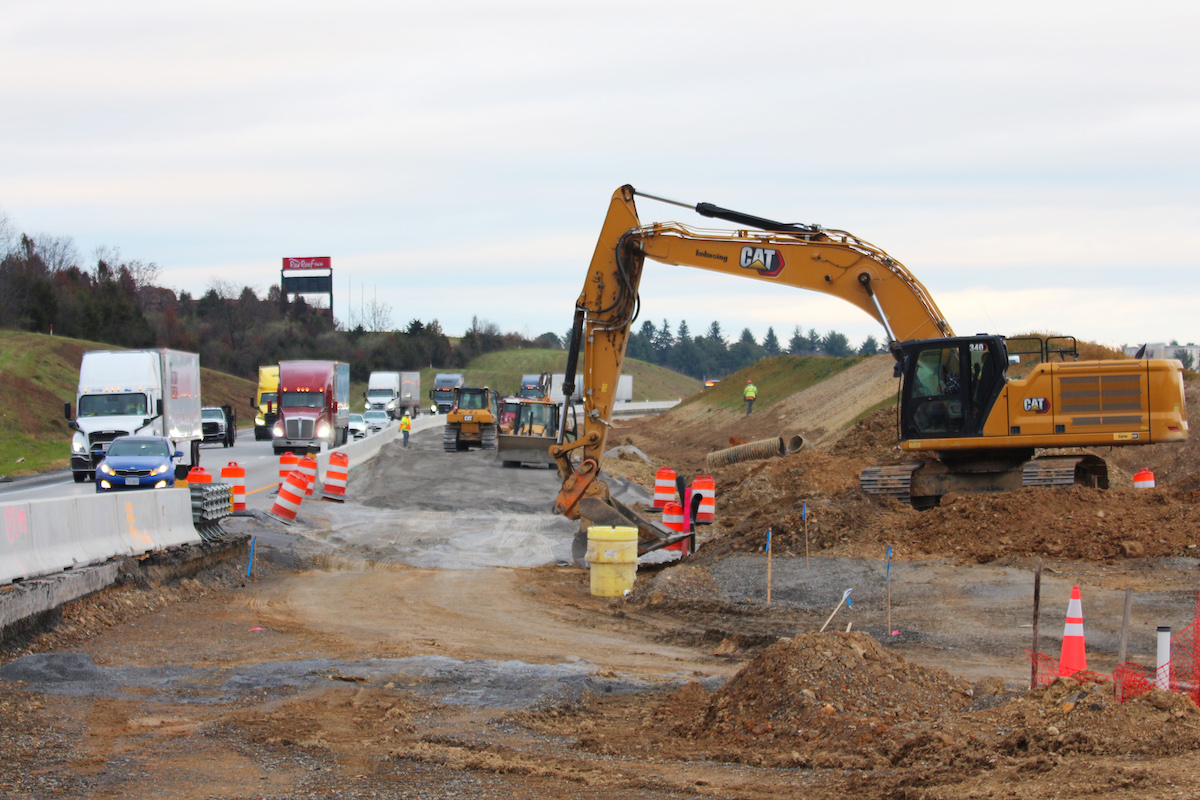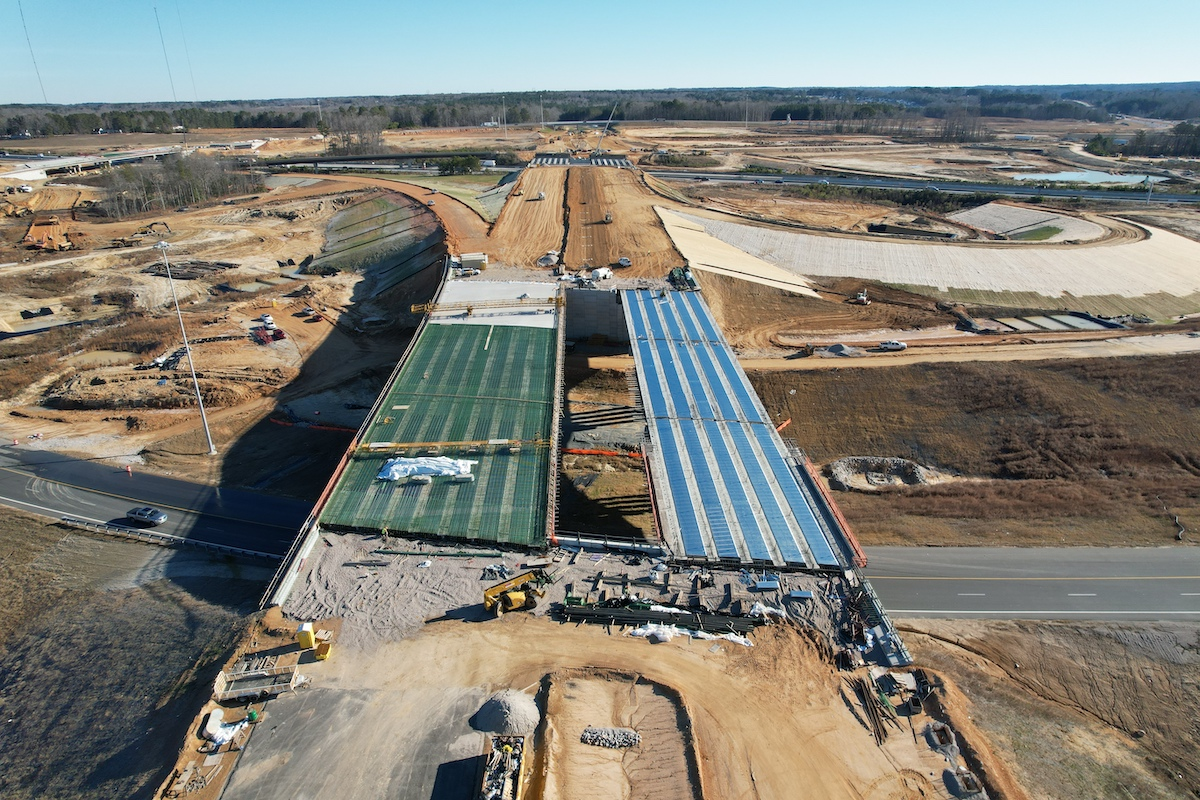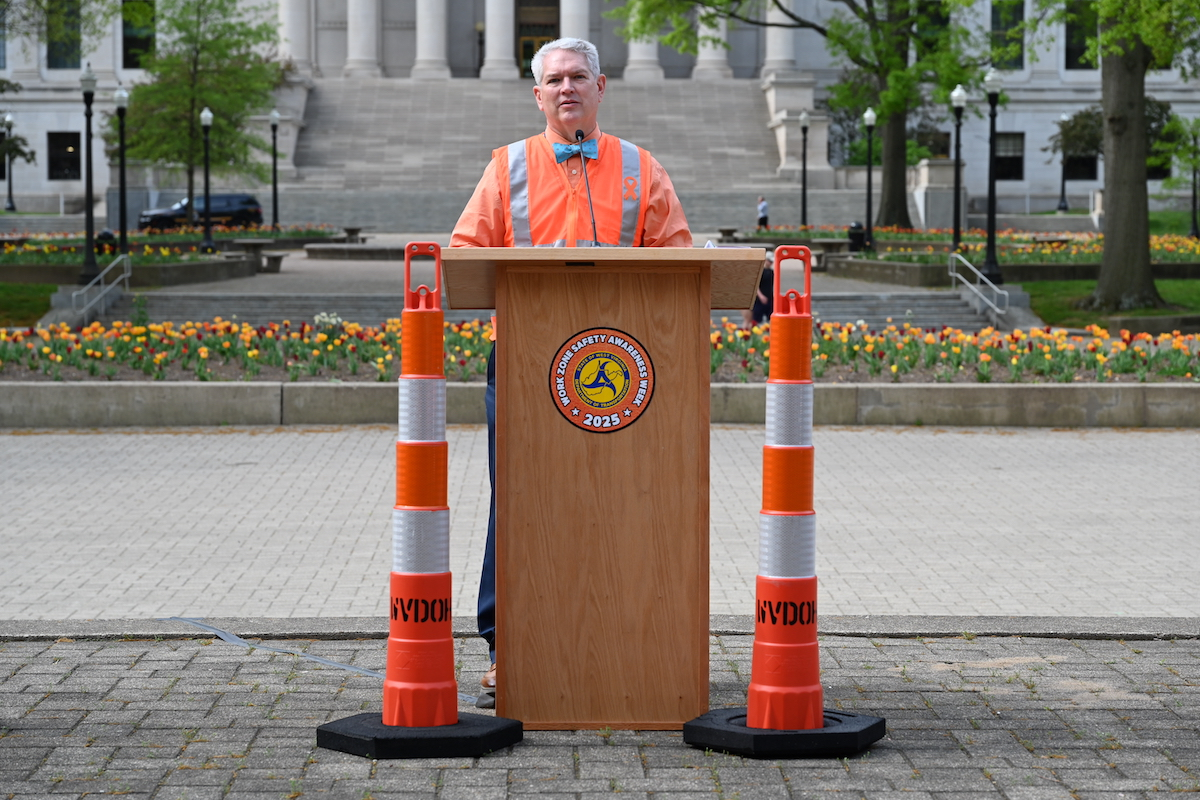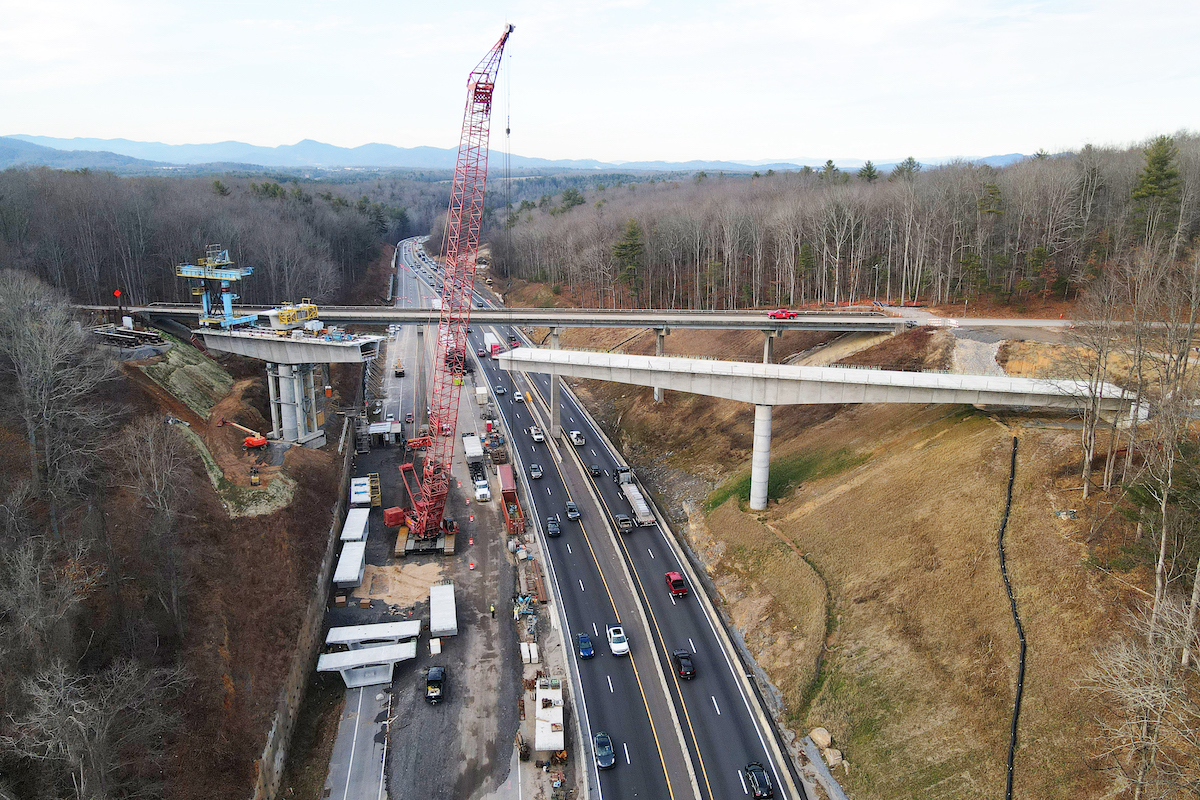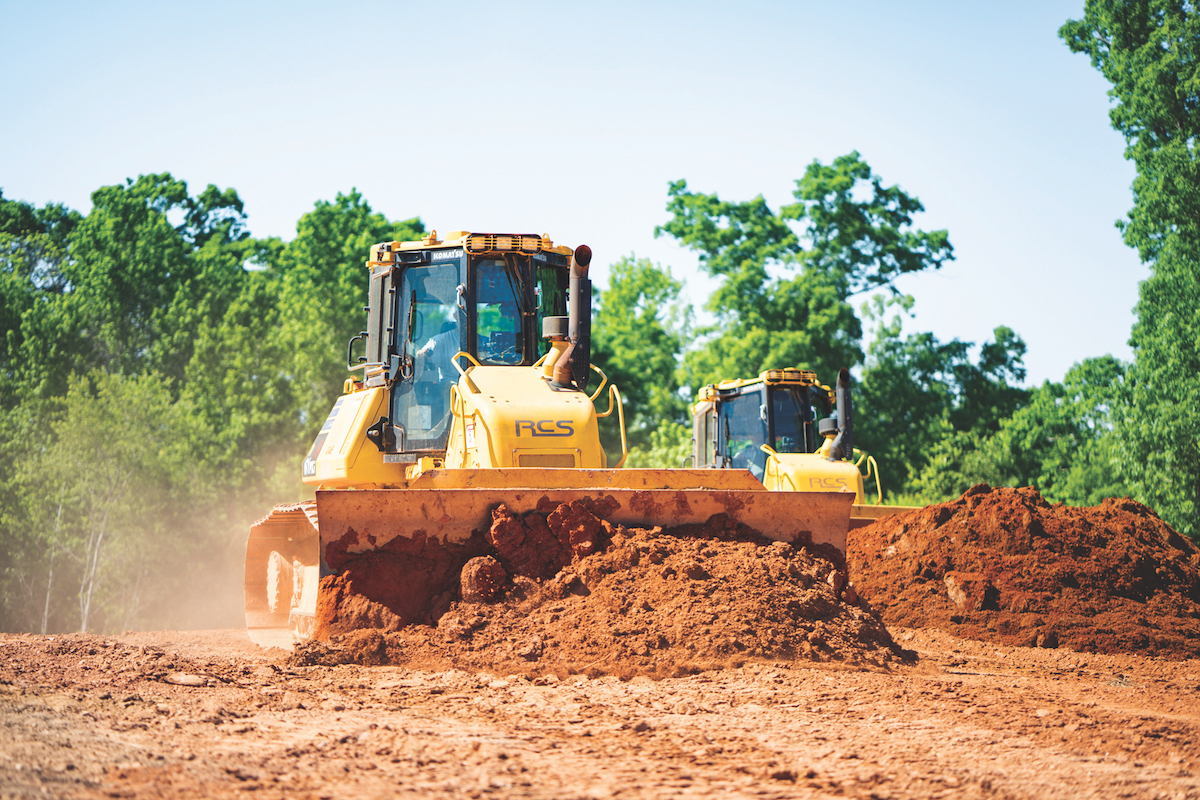Somerville, which is part of the Memphis metropolitan area, is the county seat of Fayette County. The town's population was over 3,400 as of the 2020 census. According to TDOT Director of Pre-Construction Gary Scruggs, “The area is rural with a mix of suburban growth. It is speculated that a mix of traffic will utilize the bypass. During 2019, the average daily traffic was 5,350 vehicles. It is being designed for 2039 traffic which is projected to be 6,950 vehicles, with 7 percent being truck traffic.”
The southern loop of the new roadway, which is designed as a limited-access parkway, will be built first. This segment, a two-lane highway, will have one 12-foot travel lane in each direction, with wide shoulders. Turn lanes at intersections will also be 12 feet wide. As a limited-access facility, the Somerville Beltway will only have access at four designated intersections: U.S. 64 west of Somerville, SR 76, Jernigan Road, and SR 15 (U.S. 64) east of Somerville. All roadways will intersect at-grade, and the intersections at SR 15 (U.S. 64) and SR 76 will be signalized.
Due to the size of the project and funding considerations, TDOT has split construction into two phases. The current first phase of the project, at a length of around 2.62 miles, consists of grading, drainage, signals, lighting, and paving from near U.S. 64 west of Somerville to near SR 76 south of Somerville. Hal Coffey Contracting, LLC of Union City, Tennessee, is the prime contractor. The project, which is funded with Federal Highway Administration National Highway Expenditure funds, has an estimated cost of just under $30 million.
The second section, from SR 76 to SR 15 east of Somerville, is not yet funded. As Scruggs explained, “The next phase is proposed to be an extension of the current project towards the east and to connect back to SR 15 (U.S. 64) east of town. This extension will also be two lanes, one in each direction.”

| Your local Trimble Construction Division dealer |
|---|
| SITECH Mid-South |
Somerville is also likely to see increased traffic, as well as new economic development, due to its proximity (less than 20 miles away) to the Ford/SK Innovation automotive assembly mega-campus, BlueOval City, currently under construction in the town of Stanton in neighboring Haywood County.
Discussion and planning for what ultimately became the Somerville Beltway Project began in 1994, due to concerns of city officials about the growing transportation problems along SR 76, which passes through the heart of the town as Main Street. It was clear that improvements along the south to north traffic corridor were needed in order to correct the inadequate roadway geometrics and improve the potentially unsafe conditions created by the increasing traffic flow. The number of trucks traveling the downtown Court House Square, where the turning radius is inadequate, was another concern.
Improving the existing route through town was determined to be unpractical due to the negative impact upon a large historical district south of the square in Somerville, as well as the likely increase in safety problems for the town's elementary school and for pedestrians around the square.
In 1999, the mayor and aldermen passed a resolution updating the town's major road plan to include the SR 15 (U.S. 64) highway bypass and to include four access points to the bypass from Somerville's city streets. Following the approval of the Environmental Assessment in 2009, and the completion of right of way acquisition in February 2022, construction of the first segment of the Somerville Beltway started in May 2022 and is on schedule for completion at the end of October 2024.
Effects on stream quality will be mitigated by replanting and maintaining vegetation on the banks at the crossing sites to stabilize and prevent erosion, to provide cover, and to reduce stream temperatures. Additional mitigation measures include constructing stream crossings during low flow periods, minimized road construction during fish spawning, and reseeding stream banks with native vegetation beneficial to wildlife immediately upon completion of the crossing.
Additionally, side slopes along the roadway will be covered with solid sod as construction progresses and the slopes are completed.
Figures provided by TDOT give an idea of the size and scope of the project. Estimates include:
- 450,000 cubic yards of excavation
- 600,000 cubic yards of embankment
- 400,000 cubic yards of borrow material
- 2,700 cubic yards of concrete for box culverts
- 380,000 pounds of steel bar reinforcement
- 50,000 tons of gravel base for roadway
- 34,000 tons of asphalt
Among the construction equipment currently at work:
- Caterpillar D6 Dozer
- Caterpillar 345 Excavator
- Caterpillar 335 Excavator
- Caterpillar 349 Excavator
- Caterpillar 416 Backhoe
- Caterpillar D4 Dozer
- Caterpillar CS5 Roller
- John Deere 8320 Tractor with Box Blade
- John Deere 9520 Tractor with Pan
- Manitowoc 100 T Crane
- Volvo A30D Off Road Dump Truck
“The construction is on new alignment and requires coordination with the traveling public where the construction crosses an existing road or driveway,” Scruggs said. “Outreach to the public is conducted as necessary while managing existing traffic at each end of the project.”
The future four-lane highway will have two travel lanes in each direction, and a grass median will separate the eastbound and westbound travel lanes. There will be two 12-foot travel lanes in each direction with 6-foot-wide inside shoulders adjacent to the median and 12-foot-wide outside shoulders. The two-lane highway currently under development will be converted into the eastbound lanes of the future four-lane highway.
Beyond the goals of creating a new, higher-capacity loop that is designed to meet future growth needs, as well as providing better highway connections for residents and other traffic, there is another priority on which the Town of Somerville, Fayette County, and TDOT are focused.
“Transportation affects everyone daily, from our commutes to how goods reach us, impacting our routines and lives,” TDOT Region 4 Assistant Chief Engineer Jason Baker said. “Safety is our top priority, and we strive to build a transportation system that is both safe and reliable.”
Photos courtesy of Tennessee Department of Transportation













